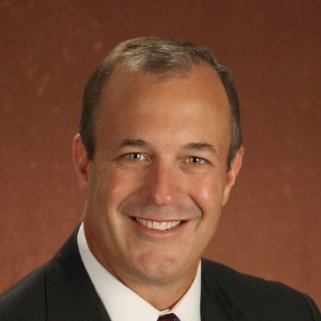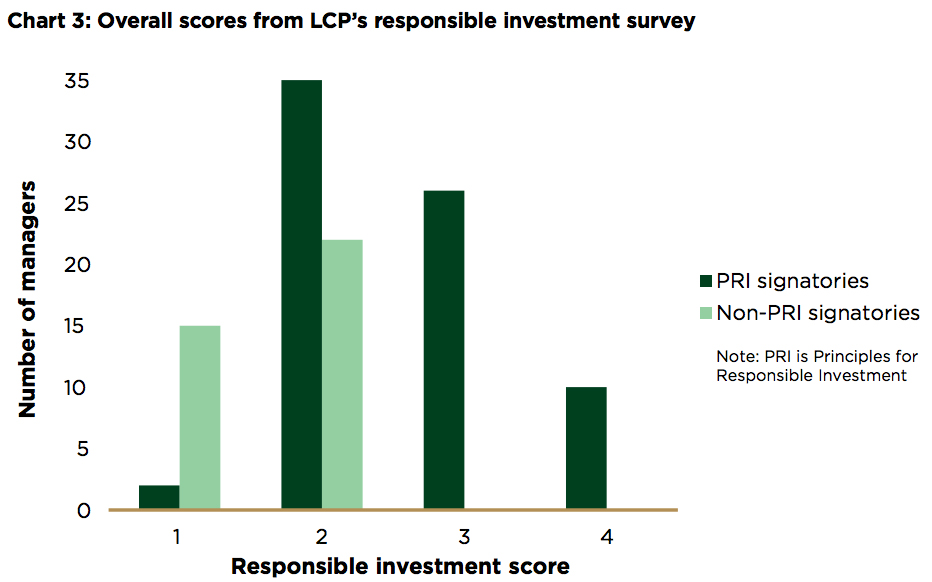 Mark Brubaker, Wilshire ConsultingWilshire Consulting, the institutional advisory unit of
Wilshire Associates, has named a veteran consultant to lead its outsourced-CIO
(OCIO) practice.
Mark Brubaker, Wilshire ConsultingWilshire Consulting, the institutional advisory unit of
Wilshire Associates, has named a veteran consultant to lead its outsourced-CIO
(OCIO) practice.
Mark Brubaker, currently a managing director of Wilshire Associates, will take on his new position and responsibilities effective immediately.
Brubaker has led OCIO business growth and the appointment formalizes his role, according to the Santa Monica, California-based firm.
“Mark has been instrumental in building our team, structure, and procedures critical for effectively executing numerous aspects of managing an outsourced-CIO practice,” said Andrew Junkin, Wilshire Consulting’s president, in a statement.
Wilshire had $6.43 billion in full discretionary assets under management and 10 clients as of January 2016, according to CIO’s 2016 OCIO buyer’s guide,
The firm enter the OCIO business in 2001, and has since built a team including 12 portfolio managers and 5 relationship managers.
Wilshire’s former Chief Investment Researcher Steven Foresti became CIO of the outsourcing business last June.
Foresti oversees strategic investment research and asset allocation modeling as well as translates research into “actionable recommendations” for clients.
“There are an increasing number of organizations seeking to better allocate resources by outsourcing many of the investment and administrative responsibilities traditionally shouldered by a CIO,” Brubaker said. “I look forward to leading Wilshire’s response to this market demand.”
The new OCIO practice chief has spent 19 years with Wilshire, largely as a consult to large corporate, endowment, and public funds out of the Pittsburgh office.
Brubaker also sits on Wilshire Consulting’s investment and manager research oversight committees.
Prior to Wilshire, he managed $9 billion in pension and foundation assets at Westinghouse Electric Corporation. He also worked in the investment management and trust division of PNC Financial.
Related:Wilshire OCIO Business Names CIO;2016 OCIO Buyer’s Guide: Wilshire Associates; 2015 Knowledge Brokers: Julia Bonafede & Andrew Junkin

 Source: Lane Clark & Peacock’s “
Source: Lane Clark & Peacock’s “